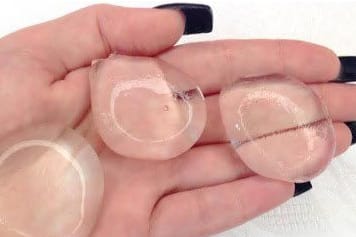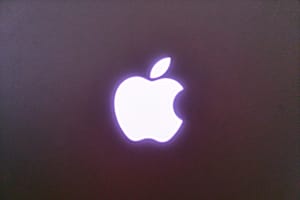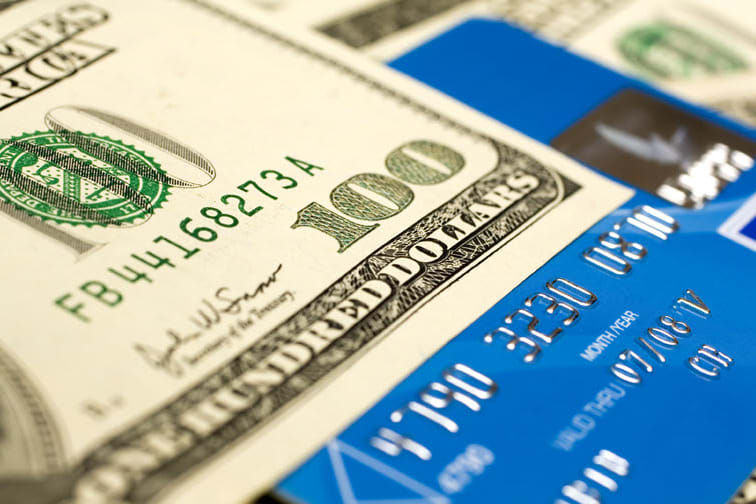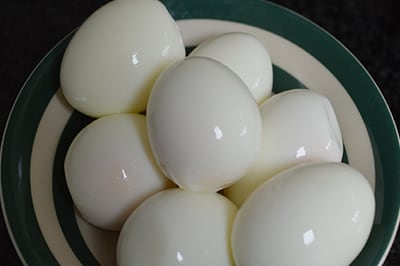An engrossing time with Nobel winners
Govind Kamat Maad | TNN | Feb 4, 2018, 03:33 IST
Margao: "Read not only those books which your teachers ask you to, but go and read books beyond that because you never know which book, which movie or which television show would inspire you and make you say, 'Hey, that's what I would like to do'."
That was how Nobel laureate Richard Roberts reacted when asked by a student what inspired him the most to go into the field of science and research. He derived his inspiration from, besides many other personalities, a book by John Campbell, he said, which set him on the path to research.
Roberts, who won the Nobel prize in physiology or medicine in 1993, was along with another Nobel laureate, Tomas Lindahl, engaged in an absorbing question and answer session with high school and higher secondary students, titled 'Learning to improve the world', at Ravindra Bhavan, here.
"How would you feel when a discovery you have made is used in a wrong way, like for instance, Alfred Nobel's discovery of dynamite was used for destructive purposes?" was another brilliant question posed to the two Nobel laureates. Lindahl, who won the prize in Chemistry in 2015, replied to the question saying that once one's research comes into the public domain after it's documented and published, "You cannot own your discovery."
Agreeing that one loses control over his discovery, Roberts stressed on the need for good communication between scientists and the public in order to make people have faith and trust in science.
On the importance of their discoveries for common people, the two Nobel laureates explained how their research works impacted the lives of the people. Tomas said his work that deciphered the mysteries of how cells repair damaged DNA, led to range of therapies for disease and old age. Roberts explained how his research that led to the discovery of "split genes" in 1977 resulted in the development of a life saving drug for spinal muscular atrophy in 2017.
A group of girls from a South Goa school remarked that they were truly enlightened by the interaction. "We enjoyed the entire session. I was really interested to know how the minds of scientists work. But now I know that the Nobel laureates were not very different from us during their student days. One of them said he liked maths, but hated history. Just as I do," a student said.
That was how Nobel laureate Richard Roberts reacted when asked by a student what inspired him the most to go into the field of science and research. He derived his inspiration from, besides many other personalities, a book by John Campbell, he said, which set him on the path to research.
Roberts, who won the Nobel prize in physiology or medicine in 1993, was along with another Nobel laureate, Tomas Lindahl, engaged in an absorbing question and answer session with high school and higher secondary students, titled 'Learning to improve the world', at Ravindra Bhavan, here.
"How would you feel when a discovery you have made is used in a wrong way, like for instance, Alfred Nobel's discovery of dynamite was used for destructive purposes?" was another brilliant question posed to the two Nobel laureates. Lindahl, who won the prize in Chemistry in 2015, replied to the question saying that once one's research comes into the public domain after it's documented and published, "You cannot own your discovery."
Agreeing that one loses control over his discovery, Roberts stressed on the need for good communication between scientists and the public in order to make people have faith and trust in science.
On the importance of their discoveries for common people, the two Nobel laureates explained how their research works impacted the lives of the people. Tomas said his work that deciphered the mysteries of how cells repair damaged DNA, led to range of therapies for disease and old age. Roberts explained how his research that led to the discovery of "split genes" in 1977 resulted in the development of a life saving drug for spinal muscular atrophy in 2017.
A group of girls from a South Goa school remarked that they were truly enlightened by the interaction. "We enjoyed the entire session. I was really interested to know how the minds of scientists work. But now I know that the Nobel laureates were not very different from us during their student days. One of them said he liked maths, but hated history. Just as I do," a student said.
Get latest news & live updates on the go on your pc with News App. Download The Times of India news app for your device. Read more City news in English and other languages.
From the Web
More From The Times of India

Plastic Surgeon Reveals: “You CAN Fill In Wrinkles At Ho..
Beverly Hills MD
Say Goodbye to iPhone: This Could Be 40X Better
The Motley Fool
7 Questions To Ask Before Purchasing A Wedding Band
Noemie
Collagen Breaks Down Naturally As You Age. Fight Back!
NativePath Collagen
Get $500 Just For Using This Card
The Points Guy









































All Comments ()+^ Back to Top
Refrain from posting comments that are obscene, defamatory or inflammatory, and do not indulge in personal attacks, name calling or inciting hatred against any community. Help us delete comments that do not follow these guidelines by marking them offensive. Let's work together to keep the conversation civil.
HIDE